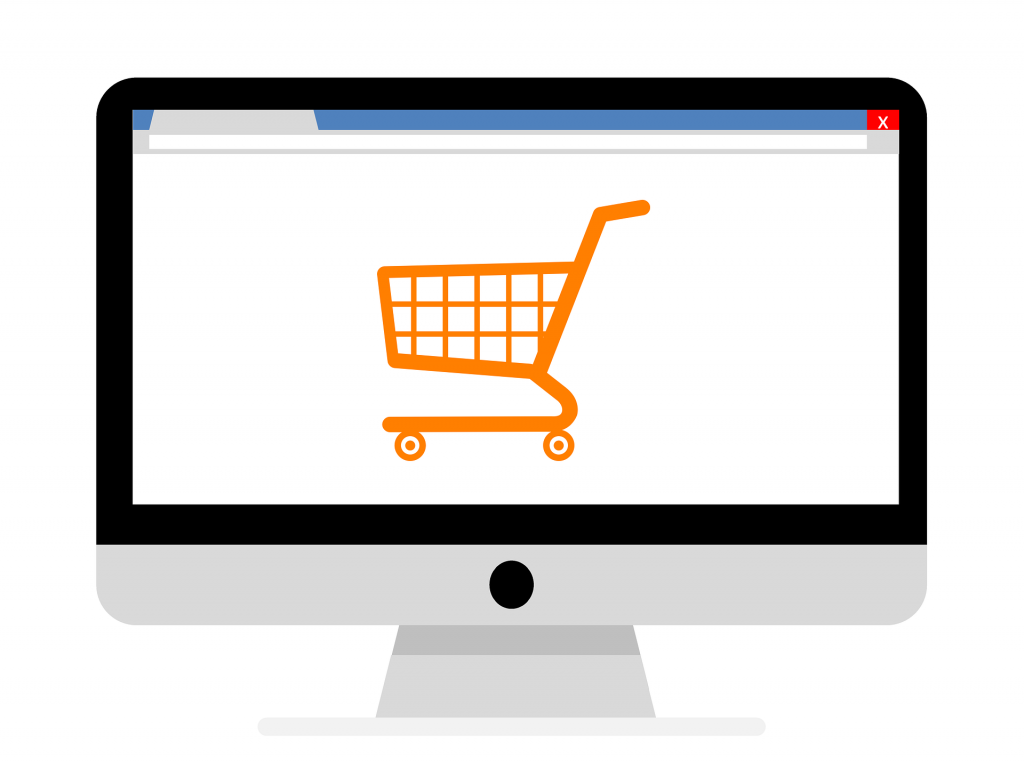9 smart ways to boost your eCommerce business during Ramadan

It has been observed that the sacred month of Ramadan is a time when the online spending by Muslims all over the world rises significantly. Throughout this month, devout Muslims fast, pray, donate to the needy, and exchange gifts with loved ones. This holy month culminates with Eid al-Fitr, a festival that marks the breaking of the month-long dawn to sunset fast. And it encourages all Muslims to purchase various household as well as personal and gift items. A study conducted by The Arabian Marketer also showed that a 15% growth in retail and a 35% growth in travel through online sales were noticed during Ramadan 2015. As a result, ecommerce companies have started offering whopping discounts and attractive promotions on fashion apparel, electronics, sportswear, automotive and more. But are such measures enough to attract Ramadan shoppers? Not really! Here are a few things to keep in mind if you wish your sales to peak during this sacred month:
-
Make your ecommerce store mobile-friendly
During Ramadan, most people are usually away from their desktops or laptops, but are active on their mobiles, which include smartphones and tablets. Google also shows that more people during this period watch more YouTube videos and search on the internet through mobile phones. Hence, a mobile-friendly and easy to navigate website is crucial to lure such shoppers.
-
Focus on the right times
Weekend, early morning hours, shortly before the sunset and right after the sunset when the faithful breaks his or her fast are the peak times for shopping. And you will have to be ready for that.
-
Say yes to Arabic
In a country where the majority speaks Arabic, it will do your website a lot of good if it has a version in that language. Ensure that your site supports local currencies and payment platforms like PayTabs. Such payment gateways assure easy and transparent fund transfer.
-
A pre-Ramadan campaign can help
To emotionally connect with potential shoppers, it is a good idea to go for a pre-Ramadan campaign. It shows that you appreciate the local culture and respect the sacred month.
-
Track across devices
Modern online shoppers often keep switching from their PC to mobile to tablet, during a single purchase. And this trend increases during Ramadan. So unless you can track customer behavior across different devices, you might approach a shopper with a product he or she no longer wants. And this way, you might lose out on a potential sale.
-
Stand apart from competition
Since most or all ecommerce companies will be vying for the customers’ attention, you need to build special digital marketing strategies to stand out from the crowd. Unique or rare offers might help.
-
Find out what works best for you
Not all industries are affected in the same way by Ramadan. For instance, fashion outlets usually benefit the most from the sale of kid’s clothing. Travel agents on the other hand benefit when they keep an eye on the best times for booking flights and hotels.
-
Don’t ignore feast days
The last 3 days of Ramadan might witness a sharp decline in sales, since everyone is feasting and celebrating. But you mustn’t give up hope because of that. Remember that though people are away from their laptops or computers, they will definitely carry around their mobiles. Reach out with a warm message on Eid, so that your engagement with the shoppers continues.
-
Make the most of social media
Interactions on social media platforms like Facebook and Twitter increase by leaps and bounds during Ramadan. A study by Motion Point reveals that this hike can be as much as a third! Hence, strategic social media marketing will come in handy and drive more traffic towards your website.
So, gear up for Ramadan with the smart tips mentioned here. There is every possibility that you might end up reaping more benefits than ever before!


